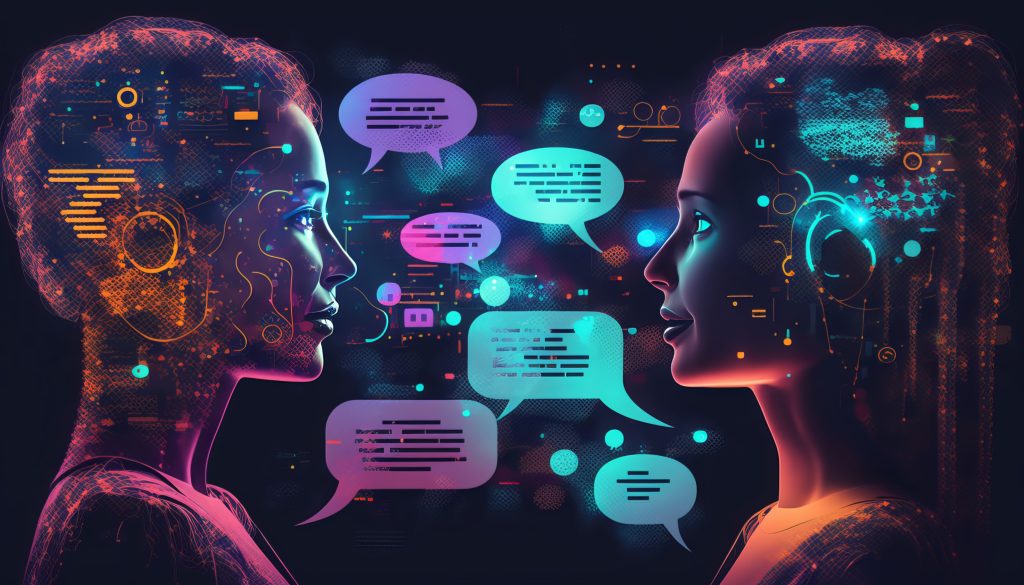AI pioneer Mustafa Suleyman foresees personal AI assistants for everyone within 5 years
Mustafa Suleyman, co-founder of DeepMind, foresees a future where AI-driven personal aides are as common as your ‘chief of staff.’ With AI’s growing affordability and acceptance, these intelligent assistants could revolutionize daily lives, from task management to creativity.

Mustafa Suleyman, one of the founders of DeepMind (the AI division within Google), predicts that in the next five years, every individual will possess their own AI-driven personal aide, similar to a ‘chief of staff.’ This forecast is grounded in the increasing affordability and widespread acceptance of AI technology. Suleyman, currently serving as the CEO of Inflection AI, characterises these AI aides as highly intelligent entities with the capacity to understand individuals at a personal level and access their personal histories.
According to his vision, these AI aides will excel at arranging and prioritising tasks, nurturing creativity, and serving as both research assistants and companions. Suleyman goes as far as foreseeing AI’s capability to retain information in its memory, which would enhance daily life for users. He envisions AI evolving into an easily accessible and cost-effective resource, making everyone more intelligent and productive. In his perspective, AI is on the verge of becoming a universally available tool poised to enhance diverse facets of daily life.
Why does this matter?
This outlook aligns with the growing integration of AI, typified by the use of OpenAI’s ChatGPT, which has found application in numerous facets of people’s lives. Users have harnessed AI for purposes such as planning vacations, searching for apartments, and tackling job-related tasks like coding, marketing, and lesson planning.
Suleyman’s viewpoint resonates with the opinions of other technology leaders like Bill Gates and Tim Cook, all of whom acknowledge AI’s potential to revolutionize various aspects of society. It marks a crucial step in the democratization of AI. Making advanced AI technology readily available to individuals from all walks of life has the potential to level the playing field and empower a broader range of people.
